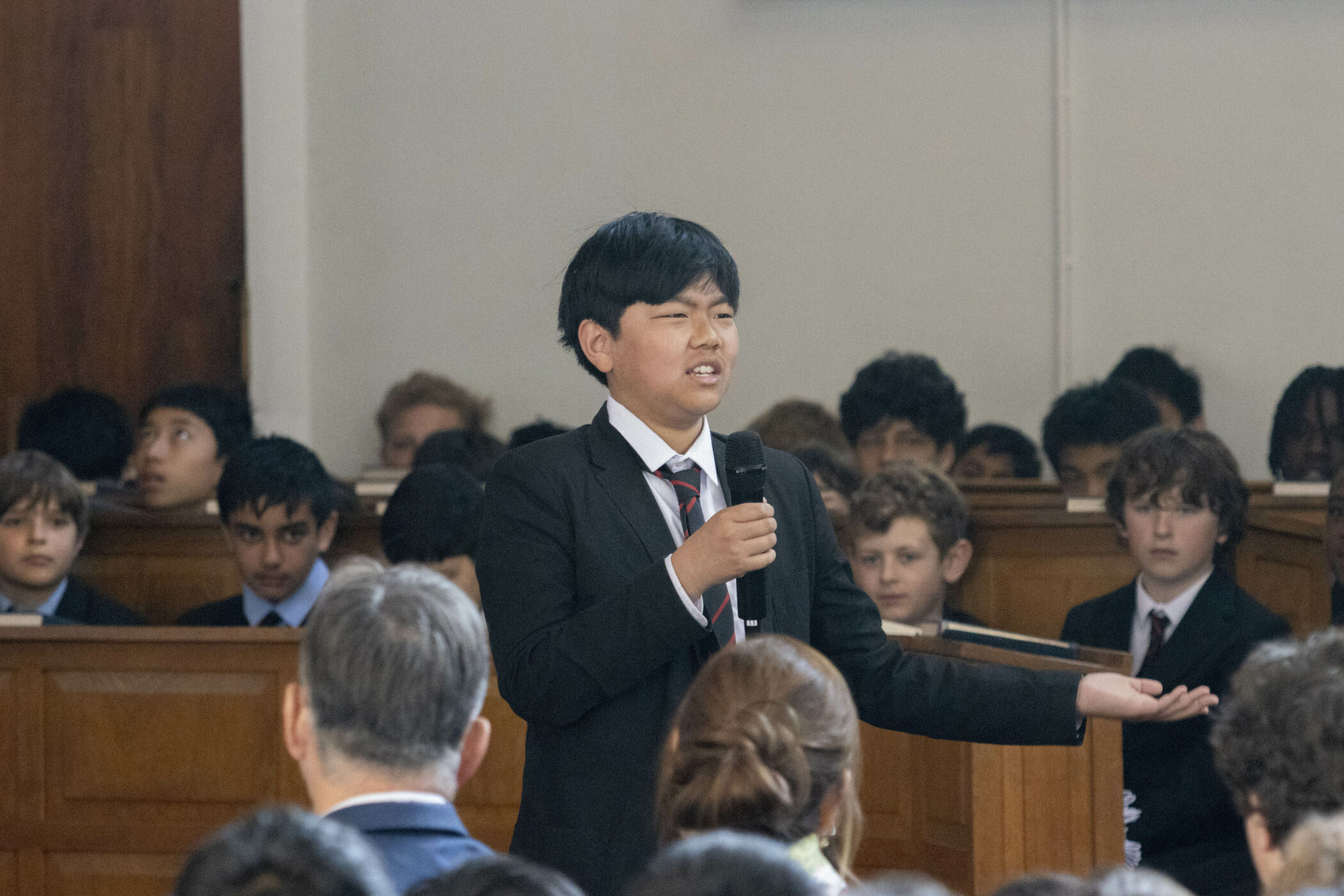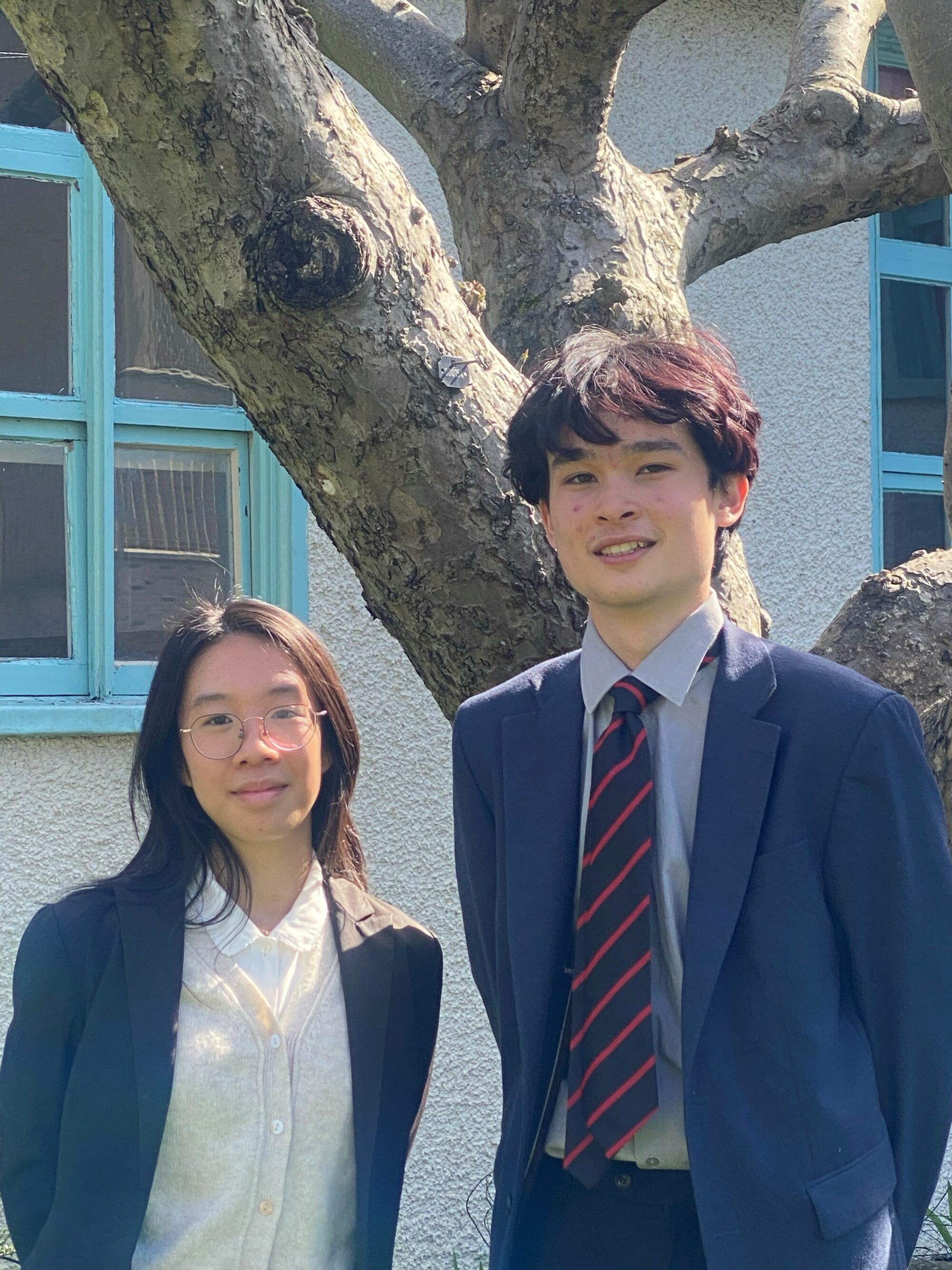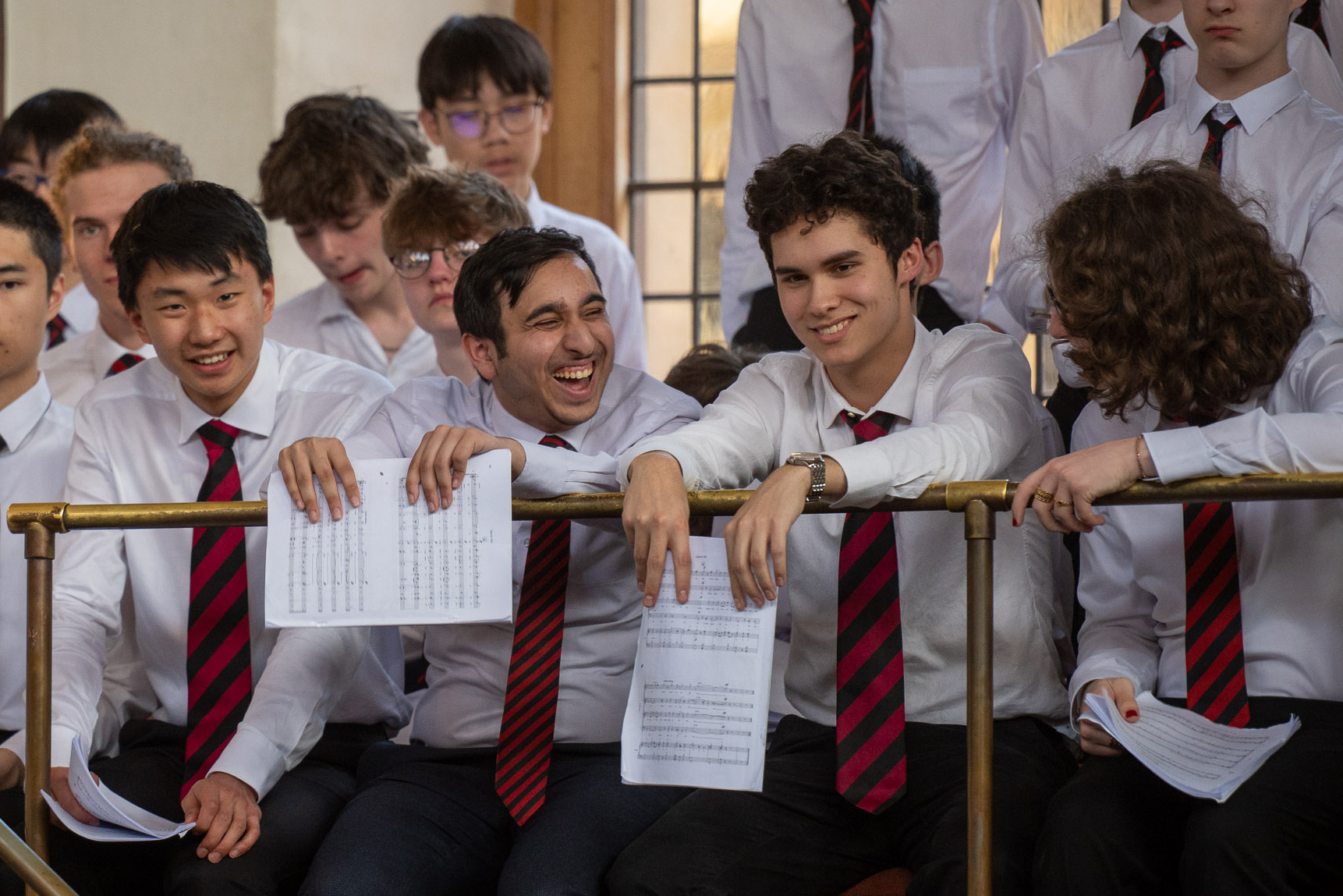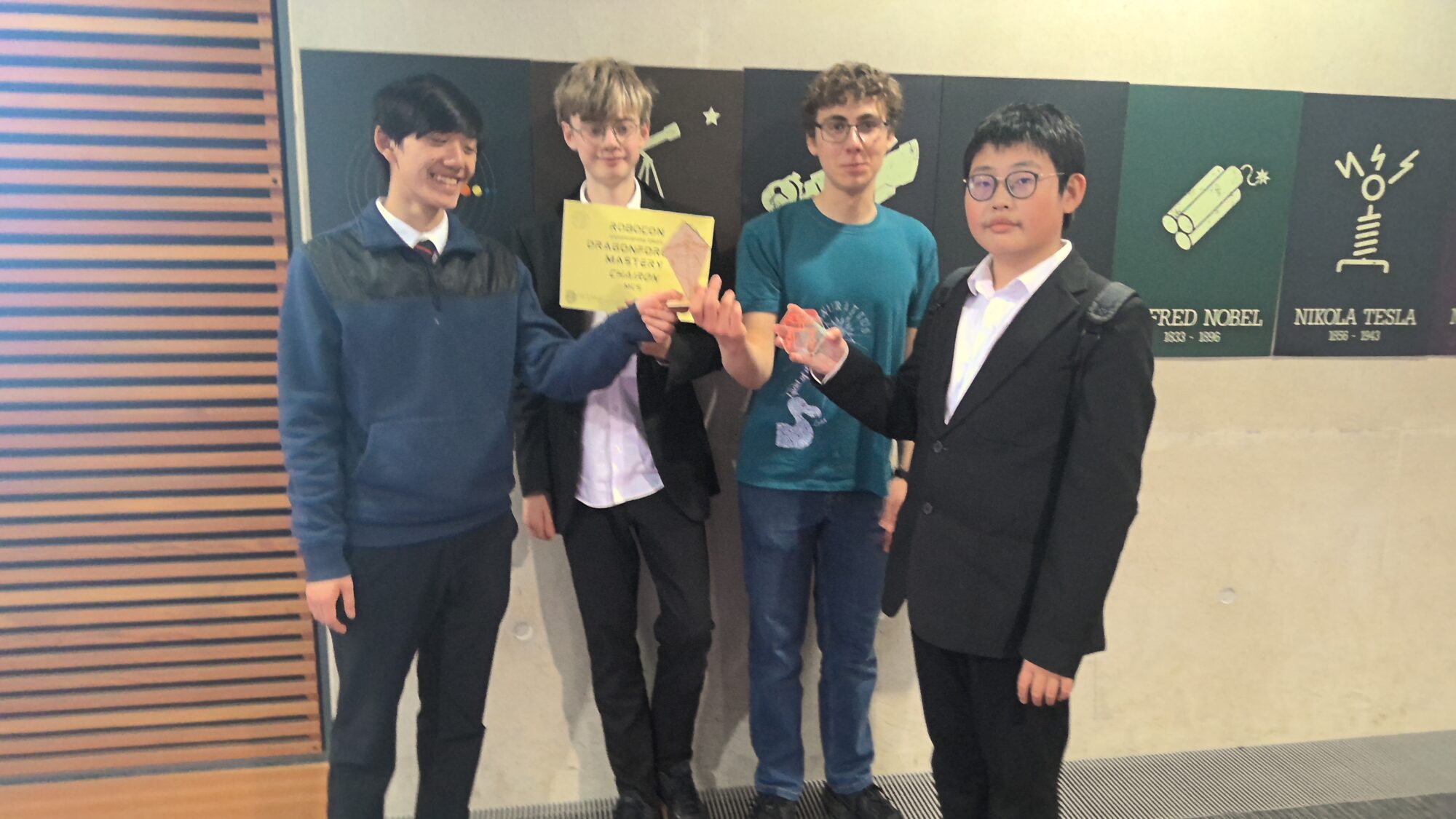Martyn Lloyd sadly passed away on 2 March 2017 aged 62. He and his brothers Tom, Brian and Owen, all attended MCS, as did his nephew, Owen Curry.
A keen cricketer, he was a member of Oxfordshire’s championship winning side in 1974, and had captained the County U15s and County Colts before his elevation to the senior side. Martyn also won a Blue when at Oxford University, where he studied zoology at Magdalen College.
He went on to become Head of Biology at Charterhouse School, where he worked from 1976 to 2012. They compiled the following Valete upon his retirement, shared with us by his brother Tom:
‘It is a common, if perhaps somewhat unjust complaint made by Arts graduates that scientists are largely limited to their own particular sphere of knowledge. Martyn Lloyd didn’t just teach Biology and Chemistry, he regularly did the Times Crossword on the way to cricket matches, could more than hold his own at the bridge table, spoke Polish and Portuguese as well as the expected schoolboy French, had read the Classics and generally knew things. You would have him in your Pub Quiz team any day. He did not flaunt his knowledge, but it soon became clear that he was an academic heavyweight with a razor-sharp mind.
Lloyd’s sporting exploits are the stuff of legend. As a schoolboy he represented Oxfordshire at cricket and tennis, at Oxford University he played hockey and cricket for the University 1st teams and was a whisker away from the 1st team at football too, he finally won his Blue for cricket in the team captained by Imran Khan in 1975. After university he played cricket for a number of years for Oxfordshire.
He retired after almost 36 years as a member of Brooke Hall. In that time he had been head of Biology, master in charge of cricket, master in charge of racquets, head of sport and a dynamic house tutor. Lloyd is one of those amazing people who can do absolutely anything.
He came to Charterhouse in 1976 with a reputation as an outstanding sportsman and a very able scientist. Nor was his athletic prowess confined to the games field. For many years he would attend CCF camp at Easter and in the first week of the summer holidays to coach climbing. As a climber himself he had the ability to simply flow up a climb with little apparent effort. As an instructor he had the ability to get even the most lame and unathletic to achieve things of which they would never have dreamed themselves capable. Lloyd’s ability to inspire confidence and belief made him a very successful coach.
For a while Lloyd withdrew from coaching sport and concentrated his efforts on running the Biology Department. He took these duties very seriously and was punctilious in his organisation and handling of colleagues. In a dozen years or so in charge he showed himself to be not only the most knowledgeable biologist but once again happy to embrace change and innovation. A clear thinker on policy, he introduced Charterhouse to the modular biology course and also introduced the very valuable personal study, where pupils had to research a chosen topic in some depth. He never lost his love of experimenting and was a great ‘tinkerer’, he was forever inventing electronic devices which would be used to take measurements overnight.
In all, Martyn Lloyd was a schoolmaster in the old-fashioned sense. A brilliant sportsman, a learned academic and someone who cared about his pupils, he had so much to offer. Not for him the duty night of flicking off light switches. He would engage boys in conversation about what interested them and would often not leave until after midnight. In the classroom, too, he did not believe in simply regurgitating what was in the text book or photocopying reams of answers to be learned by rote. He believed that education is about inspiring pupils to want to know and then showing them how to go about finding out for themselves.’
 MCS ranks among the top independent secondary schools, and in 2024 was awarded Independent School of the Year for our contribution to social mobility.
MCS ranks among the top independent secondary schools, and in 2024 was awarded Independent School of the Year for our contribution to social mobility.

 28 of our pupils achieved 10 or more 8 or 9 grades in 2024.
28 of our pupils achieved 10 or more 8 or 9 grades in 2024.
 In 2023-24, MCS received over £448,000 in donated funds.
In 2023-24, MCS received over £448,000 in donated funds.




